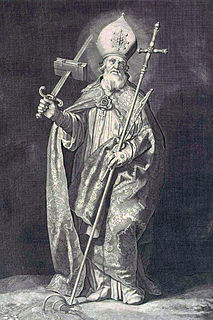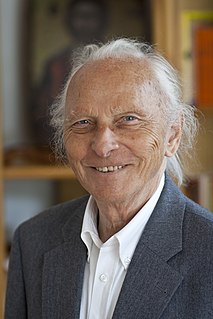A Quote by Mignon McLaughlin
Few of us could bear to have ourselves for neighbors.
Related Quotes
Some of us are darkness lovers. We do not dislike the early and late daylight of June, but we cherish the increasing dark of November, which we wrap around ourselves in the prosperous warmth of wood stove, oil and electric blanket. Inside our warmth we fold ourselves, partly tuber, partly bear, in the dark and its cold - around us, outside us, safely away from us. We tuck ourselves up in the comfort of cold's opposite, warming ourslves by thought of the cold, lighting ourselves by darkness's idea.
His true Being comes to light and even penetrates his clothing. We should not limit ourselves to Jesus. We have to recognize ourselves, our own true form... Life would be so simple if we could always see what we are; if we could recognize what our neighbors are. If we could see the beams of light that pass through their clothing; if we could not only see their external form, but also experience their true being.

































